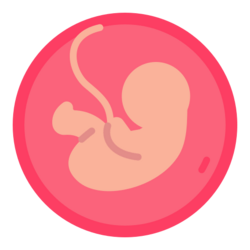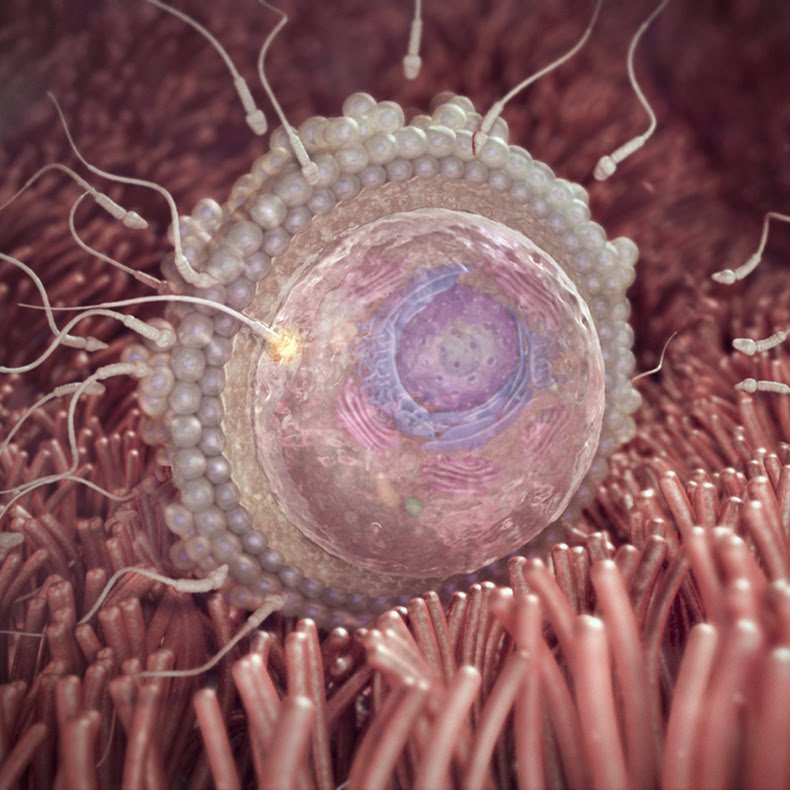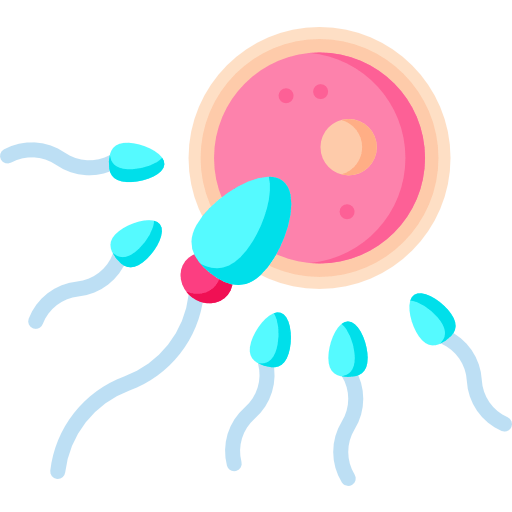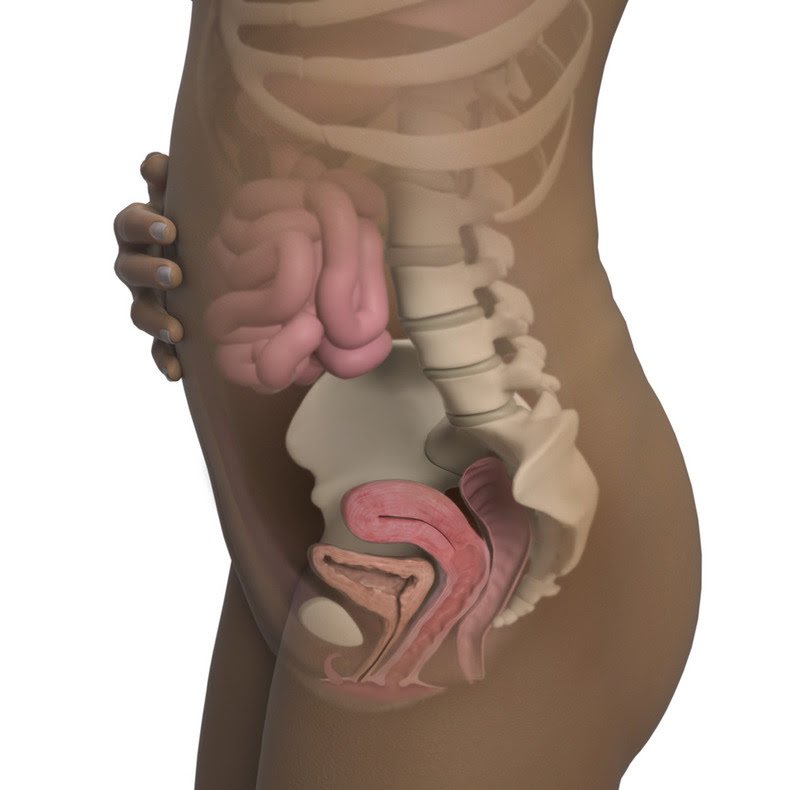In this article, we will discuss 1st week 2nd trimester of pregnancy and the signs and symptoms of baby’s development.
Week 2:
This week’s highlights
Are you pregnant this week?
It is exquisite! You are not pregnant, however, if you conceive this week, you may be two weeks pregnant. This is the result of a doctor using the interval of your last period to determine your due date, so technically the base day of your period. Because you ovulate about two weeks into your cycle, that’s when you’re two weeks pregnant—which means that conception starts before you even get pregnant.
The most effective time to conceive
Ovulation sometimes occurs in the middle of your menstrual cycle. You are most fertile in three days as in this one. Signs that you are overestimating your core body temperature include breast tenderness, tender pain, and excessive vaginal discharge.
Ovulation detection
Want to get pregnant? Ovulation test strips can also help you determine the times when sex is more likely to get pregnant than intercourse. You should buy kits at most medical stores and supermarkets, close to the pregnancy test.
What is the number in 2 weeks?
You are in your first month!

Baby growth in week 2:
On the cusp of a child’s development
Over the last few days, the increase in estrogen and progesterone thickens the lining of your uterus to support a fertilized egg. At the same time, in your ovaries, eggs have “ripened” in fluid-filled sacs called follicles.
An egg is launched
When you ovulate, an egg breaks out of its follicle and flows down the right side of your ovary into the fallopian tube. (Ovulation doesn’t typically occur in the middle of your cycle. For example, it could happen anytime between days 9 and 21 for women with a 28-day cycle.)



fertilizer:
The journey of the sperm
Over the next 24 hours, that egg will be fertilized if one of the approximately 250 million sperms from your vagina, through your cervix, into the fallopian tubes, through your uterus, and into the egg. About 400 sperm survive the 10-hour journey to the egg, however, only one manages to penetrate through its outer membrane.
Gene mix:
Over the next 10 to 30 hours, the sperm’s nucleus fuses with the egg’s and thus their genetic material. If the sperm carries a Y chromosome, your baby will be a boy. If it has an X chromosome, you can create a female. The fertilized egg is known as a zygote.
Implantation:
The egg takes three or four days to travel from the fallopian tube to your uterus, dividing into 100 or more identical cells along the way? As it enters the uterus, it is known as a blastocyst. After a day or two, it will begin to penetrate the lining of your uterus, where it continues to grow and divide.

Pregnancy Trimester 1 Week 2:
Pregnancy symptoms in week 2:
Slippery cervical mucus
Cervical mucus is a vaginal discharge that you naturally discover in your underwear. In the days around ovulation, it will be clear, slippery and stretchy (like egg whites).
Acute pain
Some women discover sharp pains or throbbing pains in the abdomen during ovulation, or unilateral back pain. It’s called Mittelschlämmers – German for “center pain.”
High orgasm drive
Your sex drive may wane and your body odor may also be extra distracting to men during your fertile period. If the odor is suddenly extra strong, it could be your body’s way of serving up male pheromones in your home. You are not capable of having a baby in any way!
Tender breasts:
Hormonal changes around ovulation can make your breasts feel a little full or sore. To learn more about what to expect in the coming weeks, watch our video on how breasts change during pregnancy.
Cervical modification:
During ovulation, your cervix is soft, enlarged, moist and extra open. You can actually feel these changes if you want to get a finger inside your vagina to see your cervix, although you have to check it every day to recognize the variations.
A rise in your basal body temperature (BBT)
You should use a special thermometer to take your BBT every morning. The day after you ovulate, it goes up a bit and stays elevated until your next period.


Being pregnant guidelines for week 2 pregnant
Take your nutritional vitamins
Taking a prenatal vitamin isn’t easy, but it can provide important vitamins for you and your baby. Make sure it contains iron, vitamin D, calcium, and folic acid to help boost your baby’s immune system. Additionally, make sure your partner is getting the nutrients he needs for healthy sperm.
See your doctor
Get a preventive checkup to confirm your body is in the absolute best shape for making babies. For example, find out if you need to take any prescription or over-the-counter drugs or nutritional supplements. Additionally, use this time to talk about any issues or concerns you have about pregnancy or parenthood. If your supplier cannot help you, she will offer referrals to specialists or consultants.
Consider this blood test:
You and your partner wish to receive genetic carrier screening to determine whether you carry the gene that you have inherited for a severe inherited disease. Although many of these conditions are unique, large studies have discovered that 24 of these PCs carry no less than one genetic mutation. Talking to a genetic counselor can help you stay informed about reproductive decisions.
Have frequent intercourse
Have sex every other day to spice up your chances. Most {couples} want to try more than that before they will declare {that A} is the best way to have a baby. Don’t use lubricant when you’re trying to conceive because research has shown that it can potentially damage sperm and block the egg’s journey.
Gather your ideas for conceiving:
Learn how your mind affects your body and what mind-body practices you need to use to support your well-being. Practice positive self-talk, and use affirmations.
Know what to avoid while pregnant
Once you are trying to conceive or have just become pregnant, you may want to avoid smoking, alcohol and excessive amounts of caffeine.






